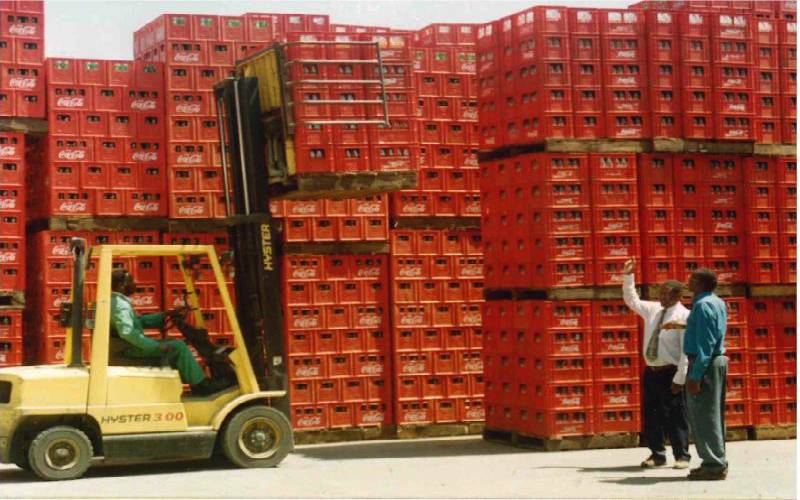×
The Standard e-Paper
Kenya’s Boldest Voice

The Court of Appeal has barred Kenya Revenue Authority (KRA) from demanding Sh5.6 billion in taxes from the international soft drinks manufacturer, The Coca Cola Company.
KRA had claimed that the beverage firm had not paid its excise duty between 2006 and 2008 on returnable crates and empty soda bottles.